Considering working for AEON? Find everything you need to know about what it’s like teaching with AEON and all the pros and cons that come with the job.
When I applied to work for AEON, I wanted to know as much as possible about what I was getting into and I wished there were more stories from former teachers sharing their experiences teaching English in Japan with AEON.
It only took me a few years, but I’m finally getting around to sharing my thoughts of what it was like working at AEON for any future teachers out there looking for more information.
I ended up working for AEON for two years and found it to be the best way for me to get paid to live in Japan and travel.

I was extremely fortunate to have an overall good experience teaching English in Japan with AEON for two years.
Was it perfect? Far from it.
But I know not everyone was as lucky as I was to somehow end up with the most ideal teaching situation: the perfect school location placement, great students, and of course, the amazing staff I had the pleasure of working with.
AEON Basics
AEON is an eikaiwa, or conversation school, and one of the biggest ones in Japan.
It is a business (more on that below).
There are significant differences in the main ESL teaching options in Japan, and it’s important to understand how they differ so that you can find a teaching position in Japan that is best suited for you.
I’ve spoken a bit about the differences between teaching as an assistant language teacher (ALT) or at an eikaiwa previously, but in short, ALTs work regular weekdays and work hours in local schools.
If you work for an eikaiwa, your students can range from kids to adults, and classes are taken outside of typical school or business hours.
This means you’ll probably work four days during the week and on Saturday, which will be the busiest day.
Related: Moving to Japan: What to Bring to Teach English

Caveats and Considerations
If you’re considering working for AEON, I’d just note that my experience, or any other person’s experience that you might read about is just that— one person’s experience.
Every individual will have a different experience working and living in Japan and it can vary wildly based on a number of factors besides the company you work for. For example:
- The staff you work with
- The students you have
- How adaptable you are
- Your teaching style
- How well you handle stress
- How well you deal with the shift in cultural expectations
- Your life outside of work
- Your personal expectations
I think it’s important for everyone to consider what they want out of their time in Japan and find the best teaching opportunity that will allow them to have the kind of life abroad they hoped for.
As I mentioned, for me personally and my goals, AEON was the best option.
It allowed me to experience life in Japan and immerse myself in the culture; provided me with a decent job; and helped me build up my resume which eventually allowed me to get paid to travel the world to all seven continents and even sail through all the Seven Seas.
Related: 7 Continents & 7 Seas: How I Got Paid to Travel the World
Who I Taught
I was lucky enough to get placed at a school that primarily taught adults.
The youngest students I had were high schoolers except for a very special case of two elementary school-aged boys who needed private lessons before moving to America.
Besides high school students, my students were typically housewives, retirees, and businessmen.
The next section covers the pros and cons that are specific to adult-only schools. For more general pros and cons about AEON, click here to skip ahead.
The Pros and Cons of Working for AEON at an Adult-Only School
Pros
I was able to focus on teaching, not disciplining
I didn’t have to deal with any unruly children (save for one special case scenario).
At worst, my students were just tired or quietly zoning out, but at least civilly glued to their seats.
I had a wide variety of students
My students were from every background imaginable.
I got to teach adults with some cool jobs and in industries I knew nothing about: a rocket engineer, a CEO of a textile company, a knee replacement surgeon– the list goes on.
I was able to form (appropriate) relationships with my students outside the classroom
Because the majority of my students were adults, I was able to hang out with them outside of class.
I got to tag along with them for aerial yoga, day trips, all-night karaoke, and countless lunches and dinners.
I even met some of their kids and families.
I had lots of room for creativity within my lessons
A lot of my students needed private lessons for their jobs, which is one of the very few times I was allowed to throw our company textbooks out the window and create my own lessons from scratch.
I got to talk to my students about their business trips or presentations and make customized courses for them.
A few times a year, the teachers at AEON are also asked to create one-off classes that anyone in the school can take, and those were a ton of fun for me.
Cons
There’s more pressure with adult students
With the high school kids, I almost never saw or talked to the parents. The Japanese staff usually took care of any issues with the parents if there were any.
However, with the adult students, I would hear from them directly if they were unhappy or didn’t feel like I was helping them reach their goal, or worse— when they didn’t get the job promotion because they failed to meet the English requirement.
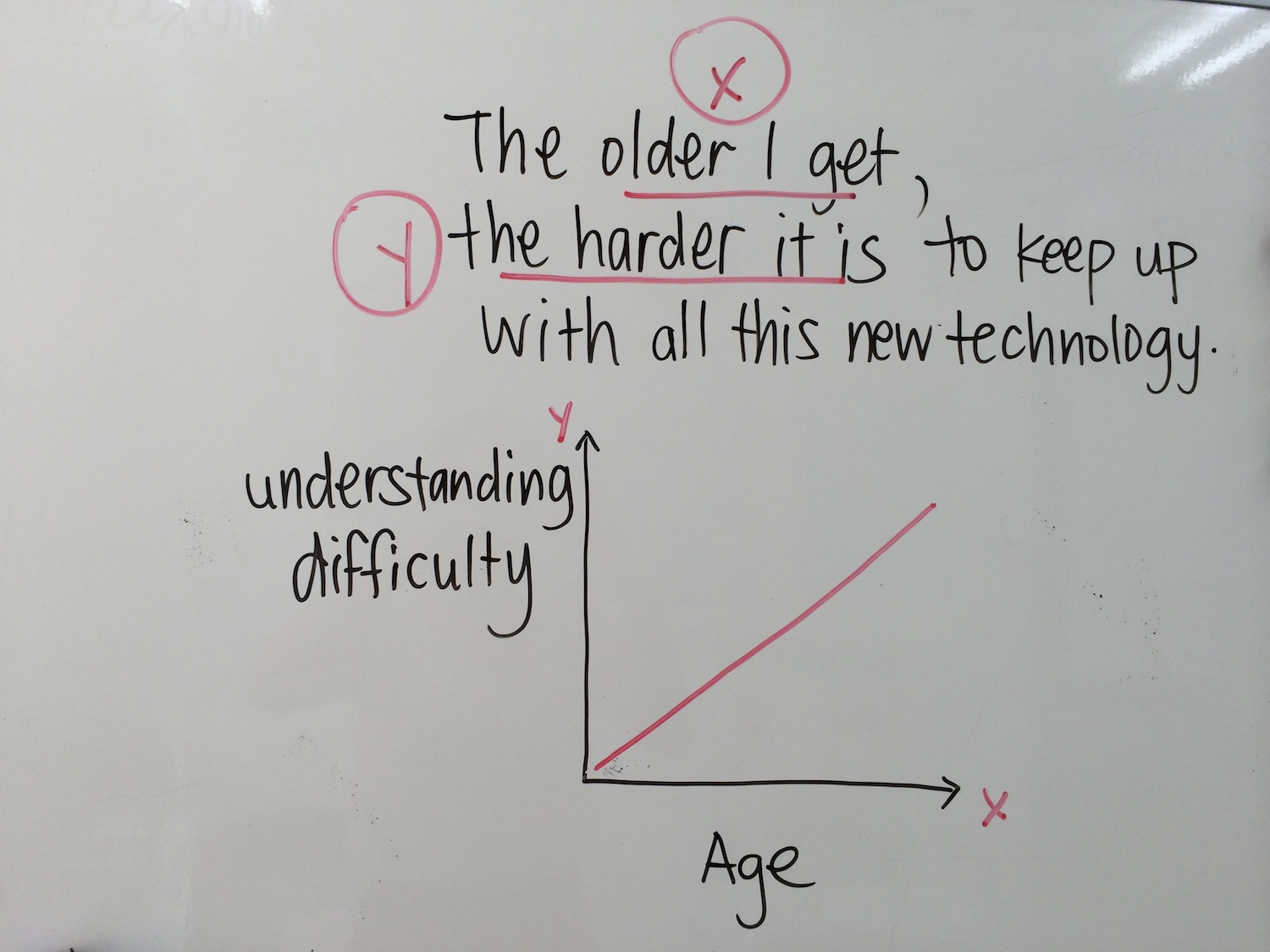
There’s more preparation time needed for private lessons
While I loved having a variety of different private one-on-one lessons, this also meant I needed to research, create, and prepare unique lessons every week for the students instead of taking a quick glance at a textbook before class.
Sub-contracts
We had a few sub-contracts where we would go to a different location to teach.
The main assignment I had was at a Catholic, all-girls private school (yes, you read that correctly) that was a train, bus, and taxi ride away.
While this contract was mostly fine besides a few communication issues, the absolute worst one I got was to a special needs school where every kid had some kind of learning disorder or disciplinary issue.

What I Didn’t Like About Working for AEON
It’s busy
On my busiest days, I would have a full schedule with back-to-back classes from the moment we opened to after we closed.
In the ten minutes between classes, the company expects you to engage with students in “lobby talk” or doing level-placement interviews, not preparing for the next lesson.
Until you get the hang of the textbooks and digital lesson structures, you might end up spending an extra hour of your own time before or after work, or during your lunch break trying to prepare.
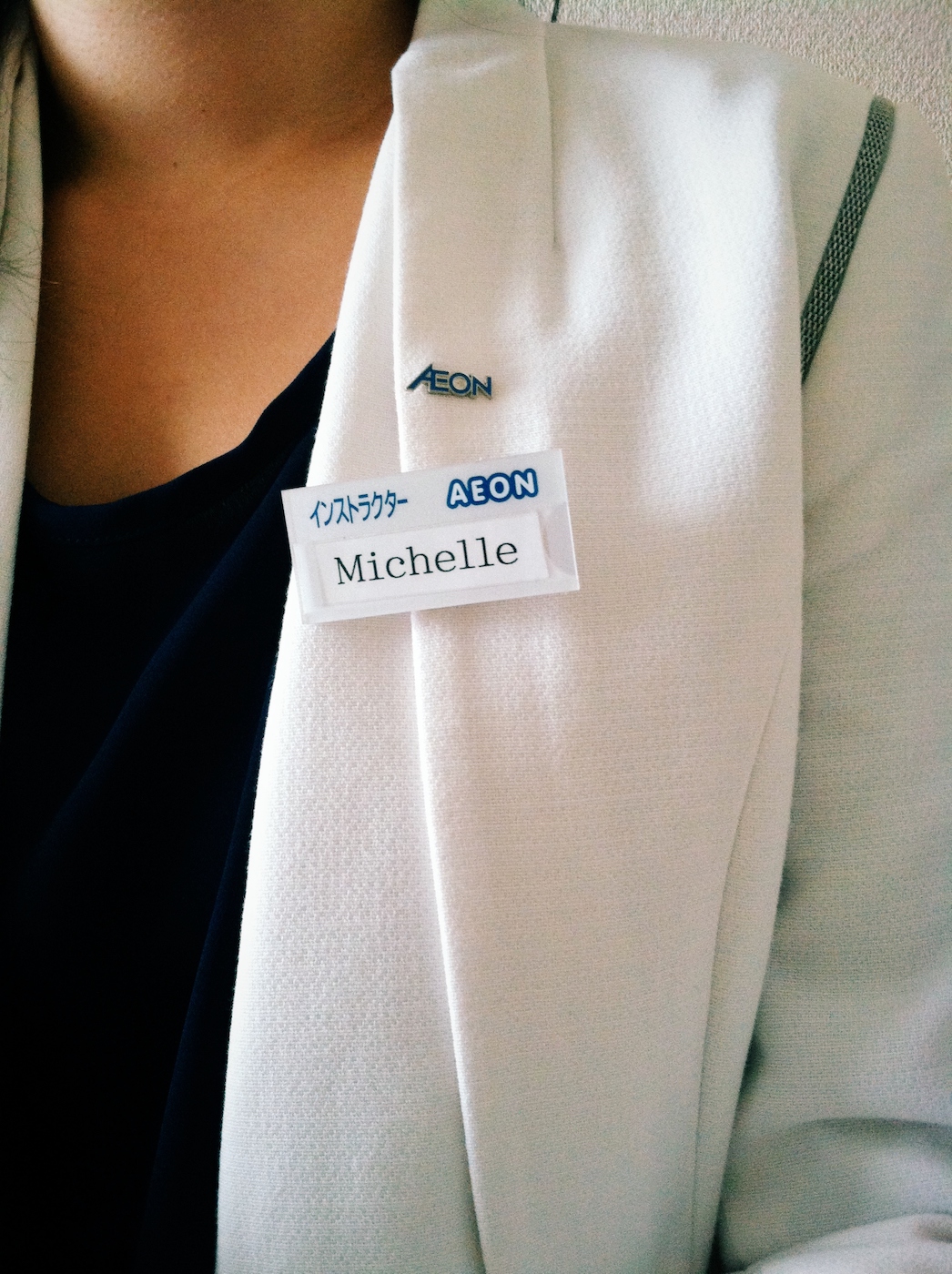
Occasionally working Sunday shifts
AEON offers a limited number of classes on Sundays for make-up lessons or private lessons.
As a teacher, you’ll have to cover one of these half-day shifts with one other management staff in your branch once every month or two.
Even though it’s just a few hours of work, it still puts a dent into your weekend plans.
Pushing sales
Conversation schools are businesses and as such, there are monthly financial targets that must be met and sales to be pushed, from new contracts to extra courses.
Fortunately, my staff was amazing (more on them later) and generally responded positively to my recommendations regarding students’ textbook and class plans which I only suggested if I felt it genuinely would help them achieve their language goals.
But again, not every school branch’s management is as friendly.

I think it’s important to remember that AEON and other eikaiwa, above all, are companies in the business of teaching English.
It’s not part of the local school system and you aren’t an ALT.
Eikaiwa are for-profit educational centers.
I often found myself getting frustrated that we had to talk about sales strategies and how to convince certain students to sign extended contracts so we could meet our financial goals for the month, but in the end, I had chosen to work for a business and sales are a part of the job I’d signed up for.
You’re not guaranteed the days off that you want
I was lucky enough to never have this issue, but I had friends who were unable to take full advantage of all the days they had off due to their strict school managers.
Just because you have a certain number of days off to use throughout the year doesn’t always mean you’ll be allowed to use them if your school management doesn’t approve it.
Again, like most eikaiwa companies and schools, experiences will vary vastly depending on your management.
If you’re lucky enough to have great staff, you’ll have an equally positive experience.
However, if you end up with staff hellbent on making your life miserable, you probably won’t have such a pleasant experience.
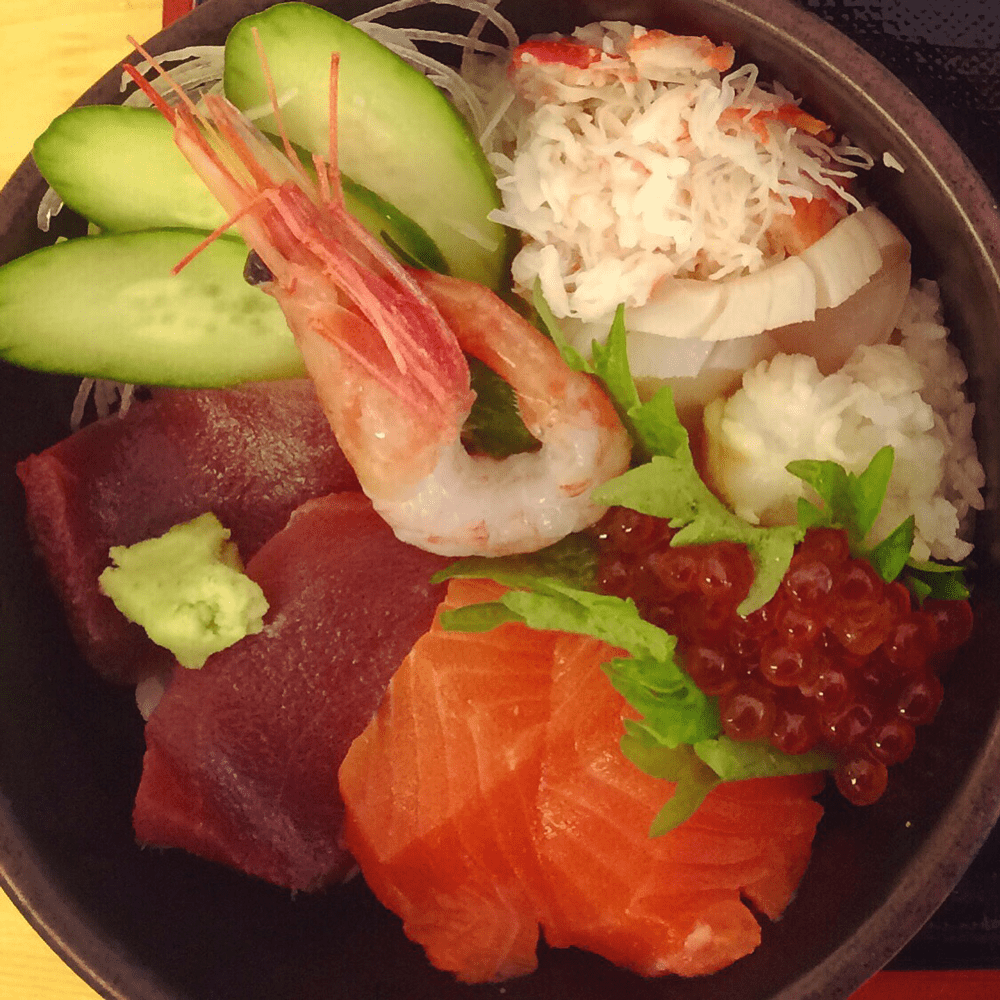
What I Liked About Working for AEON
My staff
This is likely an outlier to the majority of eikaiwa teachers’ experiences, but my staff became some of my closest friends during my time in Japan.
They were incredibly supportive of me from day one and helped me out with anything I needed outside of work whenever I needed.
From the time I got hit by a car and my manager rushed to the hospital to help me with all the paperwork and legalities to my head teacher allowing me to stay at her apartment after I’d been kicked out of mine once my contract ended; these were some special connections I am so grateful to have made.
Related: The One Where Michelle Gets Hit By a Car
We took trips, went rock climbing, and had countless meals together even after some of the staff had moved on to other school branches.

Because I got along so well with them, it made work so much more enjoyable, even on the roughest of days.
Honestly, if I didn’t have such a good support system and awesome work relationships with my staff, I don’t think I would’ve stayed as long as I did.
Location Placement
I think AEON really did a great job taking into consideration my preferences and I couldn’t have been happier with my school placement.
I was asked what my placement requests were during my interview and I told them I preferred to be in a city and one that would not have harsh winters.
(Aside: I’m still not a fan of cold weather, but at least I managed to survive living in Antarctica for four months!)
They also asked me if I preferred to teach at a combination school (kids and adults) or at an adults-only school, which I think I said I’d rather be with kids.
Fortunately, my recruiters mentioned they had a school in mind that would check off both my preferences but was an adult only school, which they thought I would be a better fit for anyway.
Boy, were they right and I’m so glad I trusted their judgement!

No teaching credentials or TEFL/TESOL certification needed
Eikaiwas make teaching English in Japan without a teaching degree very easy.
On the one hand, the low barrier to entry makes it the simplest way to get to live in Japan for a year or two without any advanced degree or certification.
Generally speaking, working at eikaiwas is typically considered a short-term opportunity, and very rarely to teachers stay longer than a few years.
However, if you’re looking for a long-term career teaching in Japan, you will need the appropriate qualifications for better jobs teaching at private schools or universities.
Adequate initial training
AEON provided a week of training prior to sending us to our schools where we were able to get to know the company’s educational materials, lesson styles, digital lessons, and lesson structures.
We were able to practice presenting lessons to the other teachers in training and get useful advice from the trainers.
The biggest benefit of this was that the trainers had us prepare and practice lessons that were on our schedules for our first actual week of classes, so we didn’t have to plan an entirely new week of lessons once we got to our schools.

Smooth transition
From the moment I landed in Japan, everything was taken care of by the company or my branch management: airport pickup, setting up a bank account, getting a phone, moving into my apartment, etc.
Is Teaching in Japan with AEON Worth It?
For me, absolutely.
If you want to get paid to travel the world, teaching ESL is the easiest way to get started.
Not only did working for AEON allow me to travel and work in Japan for two years, but it also led me to my next job teaching on a cruise ship that sailed around the world.
Related: How I Cruised Around the World for Free with Peace Boat
It’s important to keep in mind what your goals are though and what you’re comfortable with.
Do you want to go to Japan for a short period of time just to experience a year or two there?
- Are you fine with working atypical business hours and days?
- Are you prepared to adjust to working for a Japanese business and all the cultural expectations that come with it?
- Are you prepared to work full-time?
- Are you OK with selling materials and extra courses to students?
If your answers to these questions are “yes,” then teaching at an eikaiwa like AEON could be a great experience.
Pin for Future Adventures!
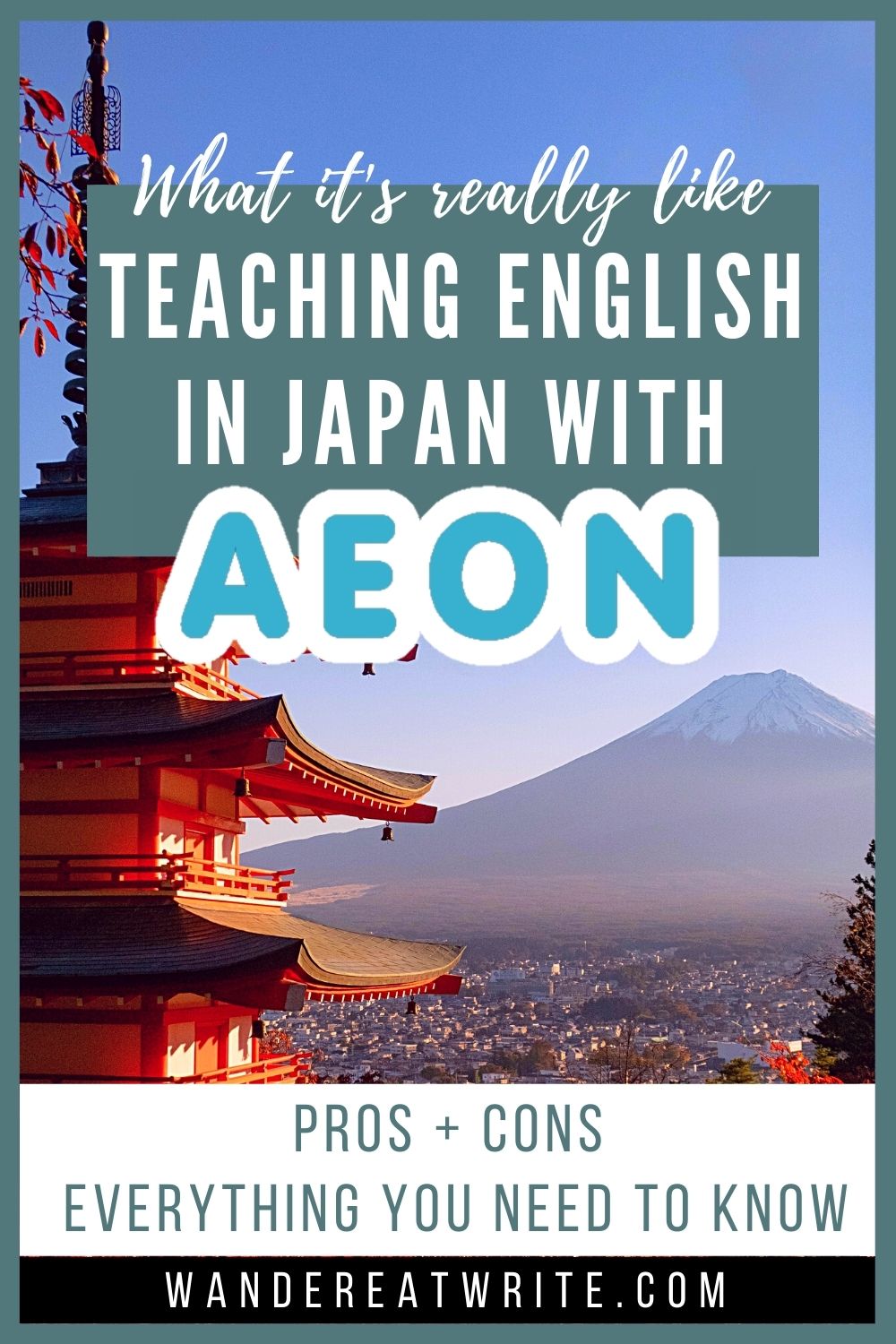

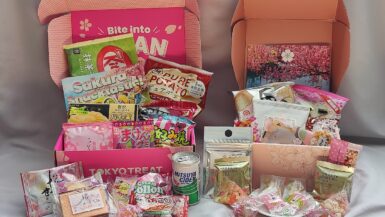
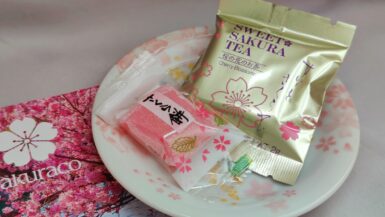
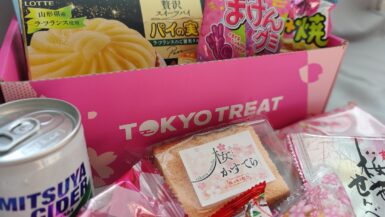

Hi, did you teach in Osaka?
I was placed in Nagoya